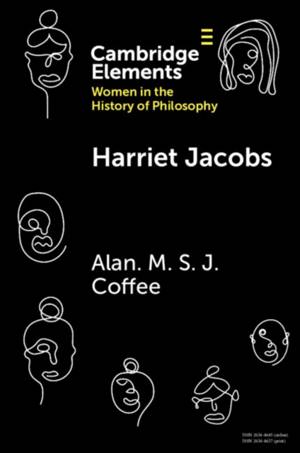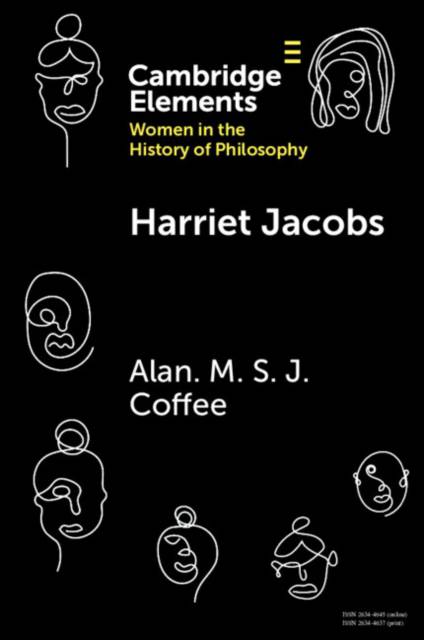
- Afhalen na 1 uur in een winkel met voorraad
- Gratis thuislevering in België vanaf € 30
- Ruim aanbod met 7 miljoen producten
- Afhalen na 1 uur in een winkel met voorraad
- Gratis thuislevering in België vanaf € 30
- Ruim aanbod met 7 miljoen producten
Zoeken
Omschrijving
Long celebrated for her heroic feat of endurance in escaping slavery and subsequent activism, Harriet Jacobs was also an astute political thinker. Her book, Incidents in the Life of a Slave Girl is a remarkable philosophical text. It is one of the most insightful reflections, both on the nature of life as a slave, and on the relationships amongst slaves and between enslaved and free people. The author places Jacobs in the republican tradition of political thought. Bringing Jacobs into dialogue with Frederick Douglass, the author argues that Jacobs's emphasis on sexual abuse and the importance of slave relationships offers us a basis for a feminist republicanism. Jacobs also emphasises the structural nature of slavery, reinforced by propaganda and social prejudices. These implicate not just slaveholders but also the free population in slavery's wrongs.
Specificaties
Betrokkenen
- Auteur(s):
- Uitgeverij:
Inhoud
- Aantal bladzijden:
- 84
- Taal:
- Engels
- Reeks:
Eigenschappen
- Productcode (EAN):
- 9781009318426
- Verschijningsdatum:
- 20/11/2025
- Uitvoering:
- Paperback
- Formaat:
- Trade paperback (VS)
- Afmetingen:
- 152 mm x 229 mm
- Gewicht:
- 122 g

Alleen bij Standaard Boekhandel
+ 66 punten op je klantenkaart van Standaard Boekhandel
Beoordelingen
We publiceren alleen reviews die voldoen aan de voorwaarden voor reviews. Bekijk onze voorwaarden voor reviews.







